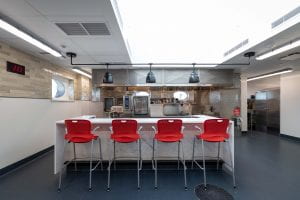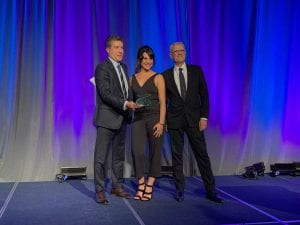CANARIE Launches Call to Fund Software Development Teams at Canadian Higher-ed Institutions
Up to $3.6M available to institutions to develop local software teams dedicated to equipping researchers with powerful software tools
CANARIE, a vital component of Canada’s digital research infrastructure (DRI) ecosystem supporting research, education and innovation, has announced a Call for Proposals to fund local teams at Canadian higher-ed institutions to help accelerate scientific discoveries by simplifying researchers’ access to world-class software for research.
Research increasingly relies on purpose-built software. However, many researchers don’t have the resources to manage software development teams and are unaware of research software that already exists and could be easily adapted to meet their needs. In response to this challenge and with the goal of maximizing the impact of public investments in research, CANARIE launched a pilot in 2018 to fund local, expert software teams at institutions to work directly with researchers.
Following the success of this pilot and similar efforts deployed in European countries, CANARIE’s Local Research Software Support call will fund teams of three dedicated, full-time research software developers at a target of six (6) participating institutions. These teams will be available to support all researchers at each of the participating institutions, regardless of discipline, and will provide guidance, training, expertise, and software development specific to advancing research projects.
Detailed information on this call including eligibility requirements, project milestones, and application resources can be found at: canarie.ca/software/lrss-call1.












